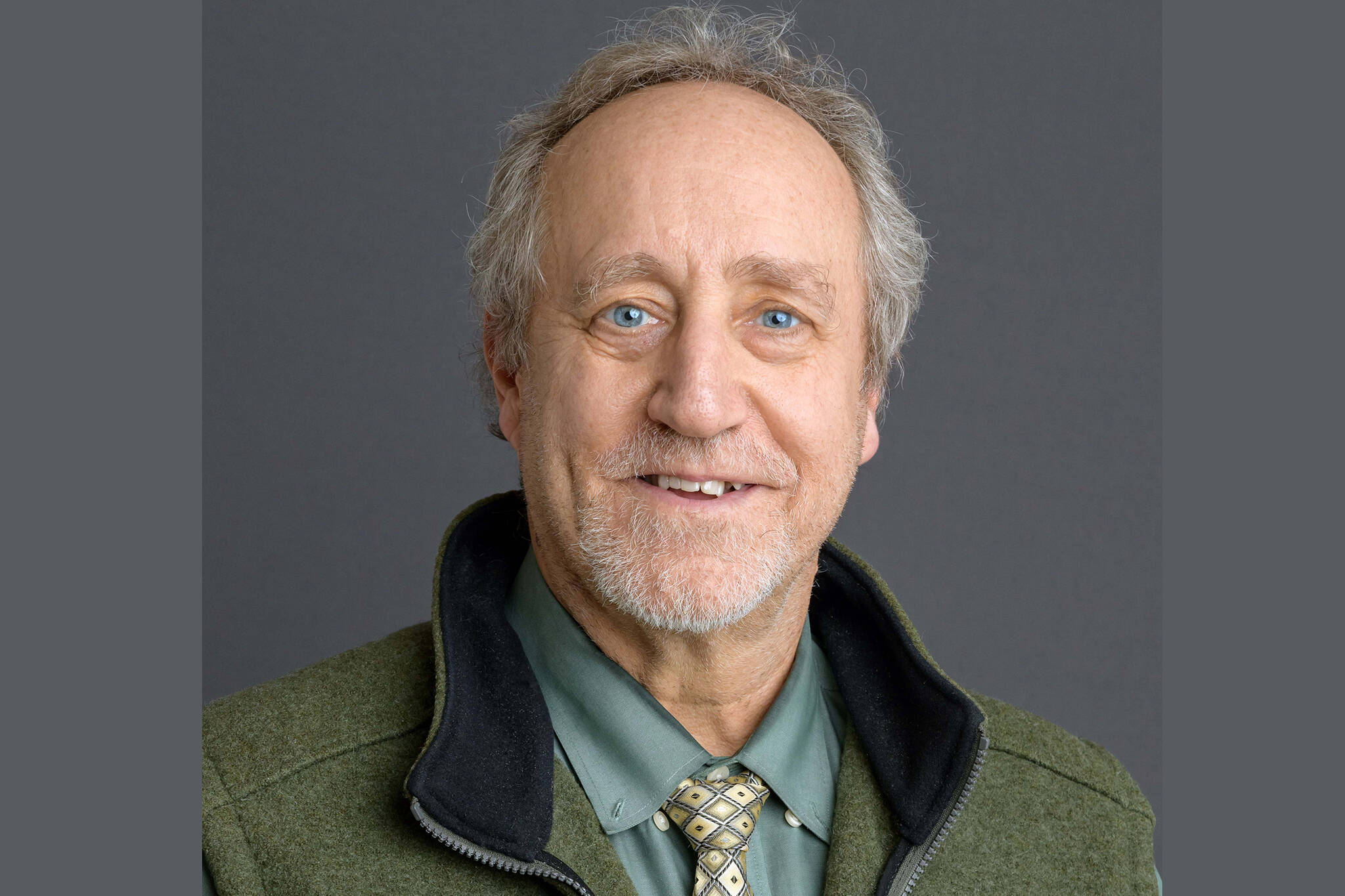By Doug Vincent-Lang
There has been much discussion and debate about bycatch in marine fisheries off Alaska’s coasts recently, including several recent opinion pieces. All are chastising a perceived inaction to address bycatch, especially in the face of recent declines in salmon and crab in western Alaska.
Bycatch, by definition, is fish which are harvested but are not sold or kept. Simply put, bycatch is unintentionally caught fish that are unwanted, can’t be sold, or can’t be kept — like halibut, crab or salmon caught while targeting cod or pollock. While some bycatch occurs in state waters, most occurs in federal waters managed under plans established by the North Pacific Fishery Management Council. Bycatch is NOT the intercept of fish in mixed stock fisheries, such as occurs along the Alaska Peninsula when chum salmon of Yukon origin are harvested in directed sockeye salmon fisheries.
Let me begin by clearly stating that the state is concerned about bycatch. We should do our best to reduce the catch of unintended fish that are discarded and not used. That work is underway right now on multiple fronts.
Gov. Mike Dunleavy has established the Alaska Bycatch Review Task Force which consists of 13 members from across Alaska who represent a diverse range of interested stakeholders. To address the impact bycatch has on in-river users the governor is adding two subsistence users. They are tasked with developing policy recommendations toward the goal of improving the health and sustainability of Alaska’s fisheries and protecting Alaska’s record as a leader of fisheries’ conservation and sustainability. This task force is underway, having met three times already, with more meetings scheduled. This is not a political maneuver as some have speculated. It an honest attempt to take a fresh look at this issue. Instead of criticizing the efforts of the task force members and those who volunteer their time and effort, I ask those interested to get involved, engage with, and help the task force succeed. Information regarding the task force can be found on the ADF&G website.
The State is also working through the North Pacific Fishery Management Council to reduce bycatch where feasible and permissible under the Magnuson-Stevens Fishery Management and Conservation Act. While it may be a laudable goal to have zero bycatch, that may not be feasible or possible as this act requires balancing of needs among all users.
Over the past three years, the state has led efforts to reduce bycatch in the Bering Sea trawl fisheries. We have “rationalized” the cod fisheries, which stops the race to fish cod and allows fishing over longer periods thereby avoiding areas of high bycatch, an action that has worked in other fisheries. We have also placed hard caps on halibut in trawl fisheries that float with abundance. Both actions will significantly reduce bycatch. And, we are exploring the issue of observer coverage, as having an affordable and accountable observer program is necessary to monitor and evaluate our bycatch management actions.
While these actions will reduce bycatch, they have come at a cost. We may leave millions of dollars of pollock, and cod quota unharvested. This will impact coastal western Alaska communities through reduced tax revenues, which support education, police, snow plowing and other functions. It will also impact the Community Development Quota programs in western Alaska who have invested in these fisheries. These programs provide significant support to local communities though jobs, scholarships and heating fuel support. Reductions in bycatch must be balanced against the reality of impacts. It is why the MSFMCA has requirements for balancing as part of the fishery management planning process.
We are continuing to explore reducing waste and ensure sustainability by reducing bycatch of crab in pot fisheries and rockfish in longline fisheries, both of which have relatively low observer coverage compared to the trawl fisheries. We need to better monitor and reduce bycatch in these fisheries. We are also considering rationalizing the trawl fisheries in the Gulf of Alaska to reduce bycatch.
All that said, we must also incentivize research into new and innovative means to reduce bycatch and waste. None of these efforts will be easy, but as President John F. Kennedy said when he announced we are going to the moon, “We choose to go to the moon in this decade and do the other things not because they are easy, but because they are hard. Because that goal will serve to organize and measure the best of our energies and skills, because that challenge is one that we’re willing to accept. One we are unwilling to postpone.” We must do the same with bycatch.
Alaska is taking serious action to address bycatch. I urge you to become involved in the task force as it meets to discuss this issue and develop recommendations. Public involvement is imperative because these are your resources.
Doug Vincent-Lang is the commissioner of the Alaska Department of Fish and Game.

